There remains no gold standard diagnostic criteria, but research by Neuhauser et al. provide a starting point for clinicians
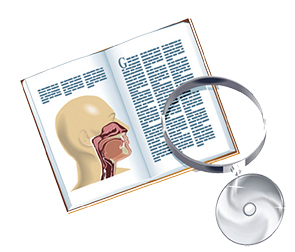

There remains no gold standard diagnostic criteria, but research by Neuhauser et al. provide a starting point for clinicians

Guided therapeutics in head and neck surgery, upper airway stimulation for sleep apnea, and personalized therapy for sinusitis highlighted at the Triological Society’s Combined Sections Meeting in Miami Beach, Fla. in January
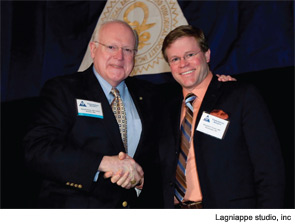
Last fall, the Triological Society gave two new Clinical Scientist Development Awards, one cosponsored by the American College of Surgeons, to physicians already awarded an NIH Mentored Clinical Scientist Development Award. ENT Today recently talked to the two new awardees, who are studying adult hearing loss and dizziness.
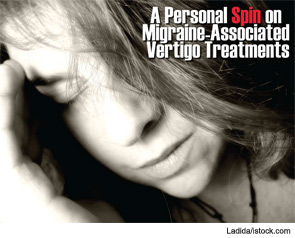
Physicians have noted the potential for dizziness in migraine patients since the 19th century. And yet the 21st century has so far failed to bring any unifying definition to a symptom that is frustratingly diffuse in its intensity and frequency and unclear in its origins.
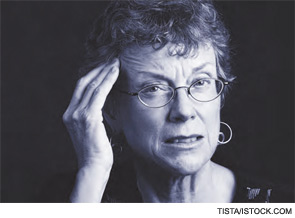
Dizziness is a particular danger among the elderly, but extra care taken by physicians can help ease their problems and help keep older patients functioning, panelists said at the 2010 Annual Meeting of the American Academy of Otolaryngology-Head and Neck Surgery, held here Sept. 26-29.
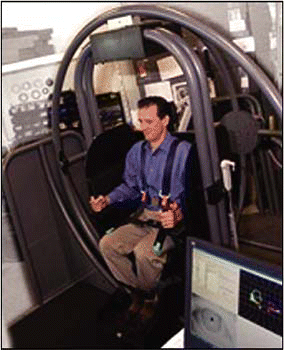
Vertigo is a complaint that often causes patients to seek a consultation with an otolaryngologist.
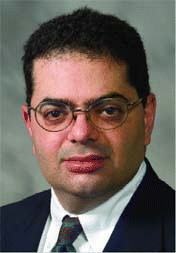
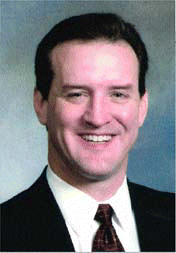
A 48-year-old woman presents to you for bilateral hearing loss, aural fullness, vertigo, nausea/vomiting, and tinnitus of two months’ duration.
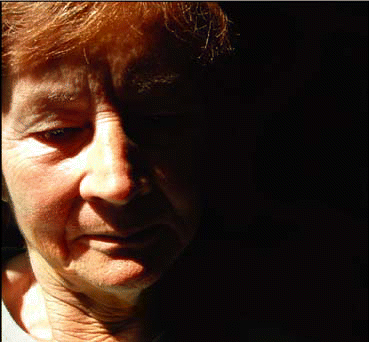
Elderly patients have multiple reasons for losing their balance. Muscles are weaker, spines start to twist, bones may become brittle.
Survey of otologists reveals differences of opinion on treatment, surgery for otosclerosis with vertigo